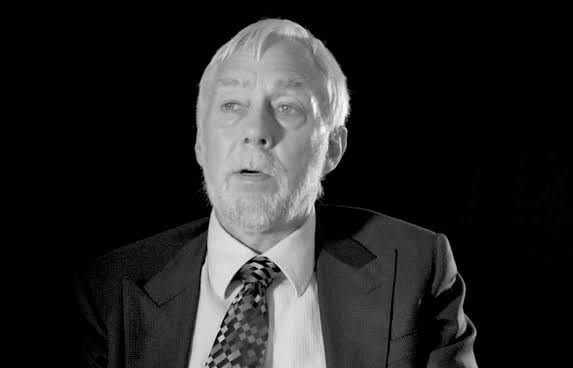Research shows that bad things have more impact than good things, especially when it comes to first impressions and what economists call 'loss aversion' -- which is why people are more upset about losing $50 than they're happy about making $50.
Social psychologist and willpower expert Professor Roy Baumeister has spent his professional career exploring self-control, self-esteem, self-defeating behaviour and motivation or a lack of it in us.

Roy Baumeister Photo: Roy Baumeister
He wrote the book Willpower: Rediscovering the Greatest Human Strength with New York Times journalist John Tierney.
Exercising self-control to reduce negative behaviour is more powerful in relationships than focussing on doing more good things, he says.
“If you can hold your tongue when you're angry, rather than saying something mean, those sorts of things have a much bigger impact. And what's particularly potent in close relationships is when one person does something bad and then the other person starts responding badly.”
Relationships researcher Caryl Rusbult has data backing this theory up, he says.
“In our marriages sooner or later one person's going to be difficult to live with long enough that the other person starts acting back also negatively.
“And so that's really the danger point; her data shows that it's not just double, it's five times the impact when you're both being negative.”
Self-control is the thing we often find most difficult to improve, but it is possible, he says.
“It's like a muscle. So, if you exercise a muscle, after exercise, you're tired. But over time with regular exercise, the muscle seems to get stronger.
“I say pick something where you want to make your life better and start with something easy. When you start a physical exercise program, you don't start by running marathons, you go on a short jog down the street.
“So, the same with self-control, you pick something like, I'm going to make my bed each day, or I'm going to wash the dishes after dinner, rather than leaving them in the sink - small things like that.”
Once you have mastered those things you can move on to other tasks, he says.
Exercises in studies he conducted included things such as improving speech or posture, he says.
“What matters is the exercise of sort of watching yourself when you have an impulse to do something overriding that.”
He also borrowed techniques from meditation traditions, he says.
“If you're right handed, you automatically open doors with your right hand, right? Well today open doors with your left hand.”
Follow up research showed that people who did this exercise had heightened self-control in other areas of their life, he says.
“That's the beautiful thing about self-control, it's one muscle or one stack of willpower that you can use for anything.
“So, anything you do to exercise, it will make you better at any other application of self-control.”
Changing a small behaviour uses the same psychological capability as for a more significant change, he says.
So, starting with smaller changes, and tackling them one at a time is the best approach.
“People often interview me around New Year's, because people make New Year's resolutions and you know they have a very poor record of being fulfilled. And they say well, what should people do?”
The key is not to do everything at once, he says.
“If you're making five New Year's resolutions, the willpower you use for one it's going to take away from what you need to do the other and that's why the whole project will collapse two or three weeks into the New Year.
“So, do them in sequence. Start with the easiest one and look at your resolutions and pick one to do first and concentrate on that and actually succeed at that and that will make you stronger.”
And avoid making changes when other stresses are present in your life, he says.
“When there are demands in your life and work, family, put your willpower into that, and don't worry about trying to change yourself.
“But when you're more or less at peace with the world and you're not having these demands on your willpower, that's the time to turn your attention back to how can I make my life better in a permanent way by changing something?”

